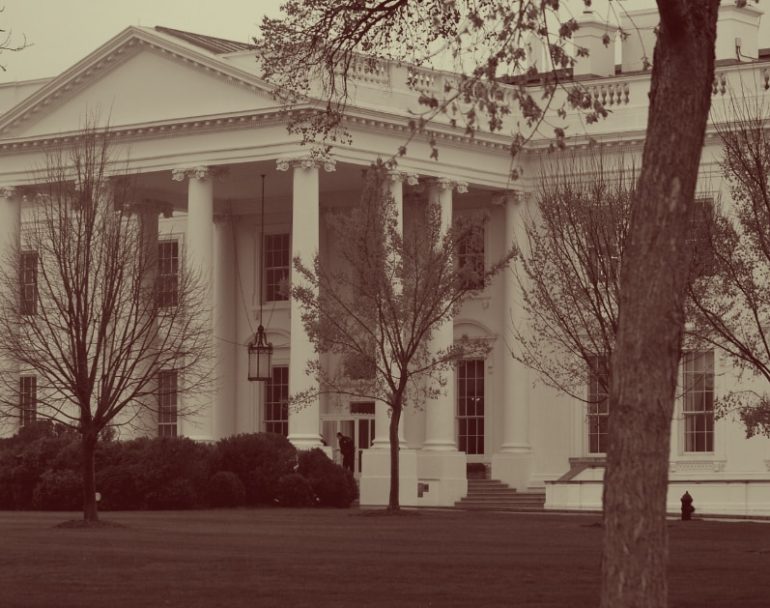
The President’s Power to Suspend and Terminate Treaties
By: Michael D. Ramsey
The Trump administration’s announcement that it is suspending the Intermediate-Range Nuclear Forces Treaty with Russia, and that it will terminate the treaty in six months unless Russia moves toward full compliance, has produced little reaction in legal commentary. (I couldn’t find anything on it on reliably anti-Trump national security law blogs like Lawfare or Just Security.)
But does the President have constitutional power to suspend or terminate treaties? Apparently it’s widely assumed that he does, perhaps as a result of historical and modern practice, as explained by Curtis Bradley in this article: TreatyTermination and Historical Gloss. That isn’t a sufficient answer from an originalist perspective, however.
My originalist answer is: yes, the President does have this power, so long as the suspension or termination is in accord with the terms of the treaty or with the international law of treaties. As argued here, suspension and termination are part of the President’s executive power in foreign affairs — that is, foreign affairs powers that were viewed in the eighteenth century as part of the traditional executive power and which were not assigned elsewhere by the Constitution. Like a number of other foreign affairs powers (such as establishing foreign policy, directing and removing ambassadors, and entering into executive agreements, it is not mentioned directly in the Constitution, and thus remains part of the “executive Power” vested in the President by Article II, Section 1.
The issue came up early in the post-ratification period, in 1793, when President Washington considered whether to suspend the U.S. treaties with France after the French Revolution. In the cabinet, Treasury Secretary Hamilton argued for suspension and Secretary of State Jefferson argued against it — but both assumed the President had the constitutional power. Jefferson (who like Hamilton endorsed the idea of executive foreign affairs power) argued against suspension on the merits, but not on constitutional grounds.
The counterarguments are that suspension/termination power should lie with Congress or the Senate. As to the Senate, it’s true of course that entering into treaties requires approval of two thirds of the Senate. But that does not suggest that it should take two thirds of the Senate to withdrawn. It takes a majority of the Senate to approve an appointment to an executive office, we don’t conclude that (as a constitutional requirement) removal of an executive officer needs majority Senate approval. The Constitution is not founded on an idea of reciprocal powers (that is, that the same entity that approves something must consent to undoing it).
As to Congress, I agree that Congress can terminate treaties in areas within its enumerated powers. In exercising its enumerated powers, Congress may find that an existing treaty is a barrier to achieving the outcome Congress prefers. Terminating the treaty is thus necessary and proper for carrying into execution the enumerated power. Indeed, in doing so Congress is not limited to terminating treaties in accordance with their terms. But Congress can do so only in pursuit of an enumerated power, not generally. Treaty termination is not a textually identified independent power of Congress (the way, for example, declaring war is). Thus it does not displace the President’s treaty termination power; rather, Congress and the President have concurrent powers.
To be clear, it’s an entirely different matter if the President seeks to terminate a treaty in violation of the treaty’s express or implied terms. Treaties are the supreme law of the land, by Article VI, and the President is constitutionally bound to faithfully execute the law. But in the case of the INF Treaty, the President is suspending it on the basis of Russia’s violation of the treaty (as the international law of treaties allows the U.S. to do) and is terminating it on the basis of the termination provisions of the treaty (six months’ notice). As a result, he is acting within his executive power in foreign affairs.